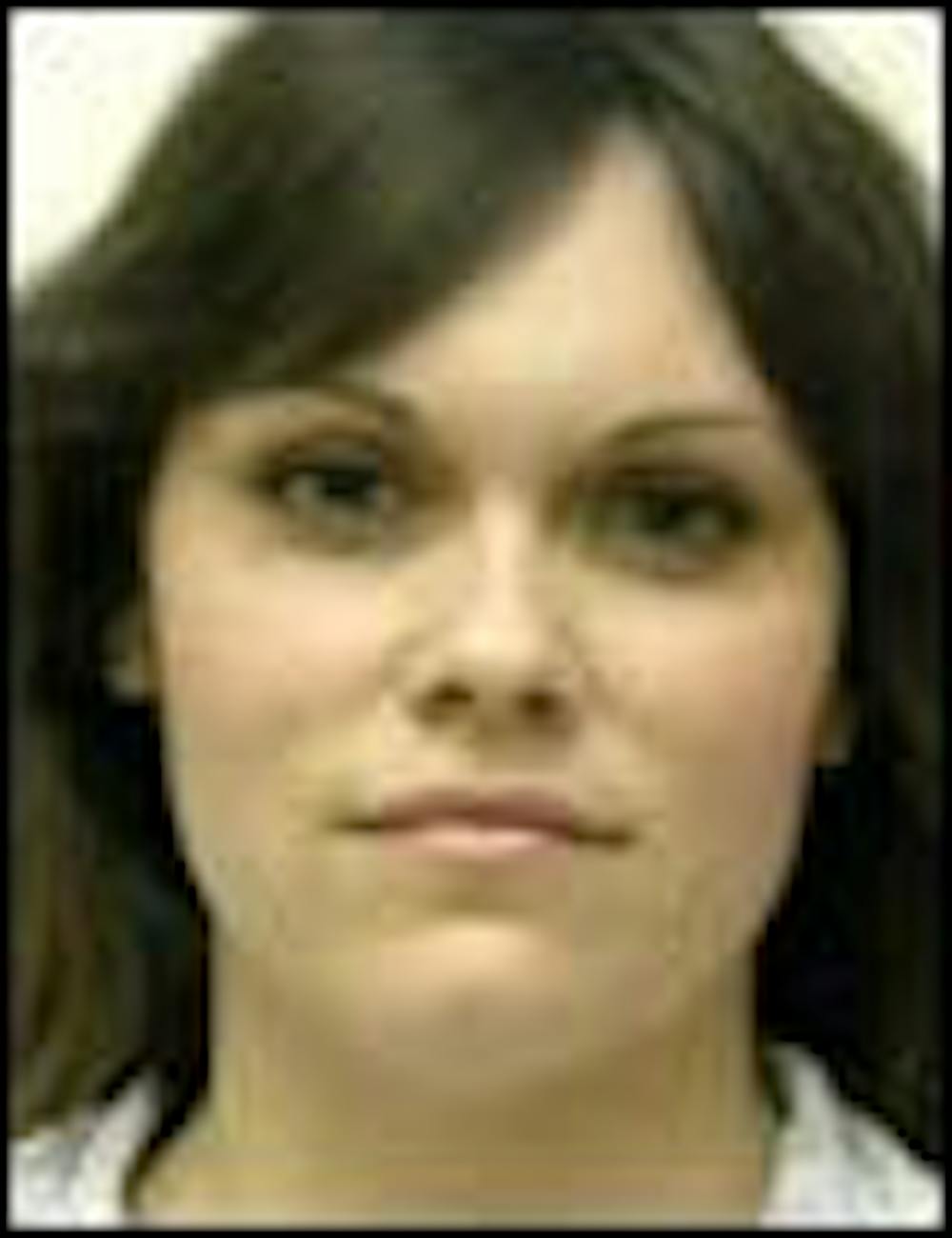Supporters of the recently passed 2 a.m. Last Call Act claim a later last call won't cause any problems. But this is Arizona we're talking about, nothing is normal.
Arizona Rep. Michele Reagan, R-Scottsdale, is the driving force behind the extended bar hours act. It is she who deserves the credit for lending a little charity in helping to take Arizona by the hand and leading the young state kicking and screaming toward the 21st century.
Reagan is the first person in a long time to successfully change Arizona's ironclad liquor laws. I never have been able to understand why Arizona's powers that be fight tooth-and-nail to stay backward as the rest of the country lurches forward.
But I do have some explanation for the resistance against a later last call. The answer: Phoenix is not like any other city. Really.
According to Phoenix Police Lt. Robert Settembre, Arizona's unique and very broad geographical landscape and limited resources are reasons for concern.
"We're not like other cities," Settembre said. What we have to worry about is what it's going to do to police services."
The problem is that Arizona is so spread out. Although it's too early to officially tell, Minneapolis recently changed their last call time from 1 a.m. to 2 a.m., and there doesn't seem to be a an increase in alcohol-related traffic accidents.
Settembre explains that it is not easy for him and his fellow officers to take solace in Minneapolis' traffic success for a simple reason: it's easy to police Minneapolis bars.
Settembre explains that, "In Minneapolis, 90 percent of the bars are in a concentrated area, about a two-thirds square mile area.
"It's all speculative, even if you compare us to other cities, our logistics are so different," he said.
Settembre added that Minneapolis has a population of approximately 382,000 people. Compare that to an ever-changing and expanding city like Phoenix where the population has grown by 54 percent since 1990. Approximately 2,789,730 people live in the metropolitan area of Phoenix, and some bars are farther apart from one another than some eastern states.
"We wouldn't have the luxury of putting one or two squads out there," Settembre said.
Reagan's plan to introduce a bill that would add four additional liquor enforcement officers to Arizona, bringing the total to a whopping 10, made little impression on Scottsdale Police Chief Alan Rodbell, who said Arizona needs patrol officers.
"It's going to tax our resources," Rodbell said. "We predict a spike in activities, and I would need additional officers. I wouldn't care if there were more officers."
Apparently, it works like this: The police work four 10-hour days per week.
There are three shifts. Shift two and three overlap at 8 or 9:30 p.m. Depending on what precinct, they will overlap for four to five hours, until about 2 a.m.
Now, the overlap will end right about when people are leaving the bars and the real mayhem begins.
"If I had an infinite number of resources, I could redeploy," Rodbell said. "But where am I taking from? Officers would have to be taken off of rush-hour traffic."
The conclusion: while it's good that Arizona is beginning to think like the rest of the country, maybe it shouldn't have waited so long.
Nicole Girard is a journalism graduate student. Reach her at nicole.girard@asu.edu.




